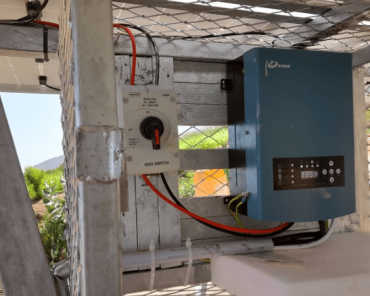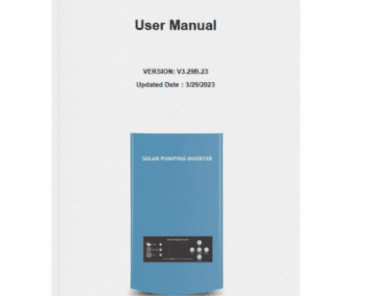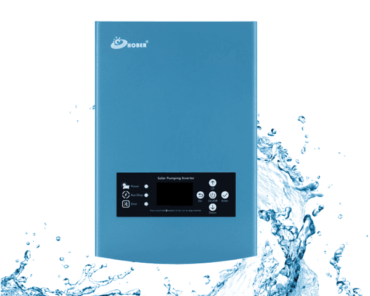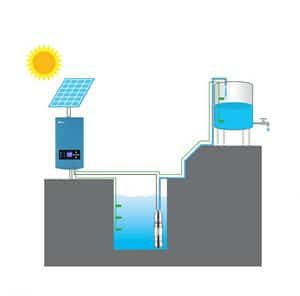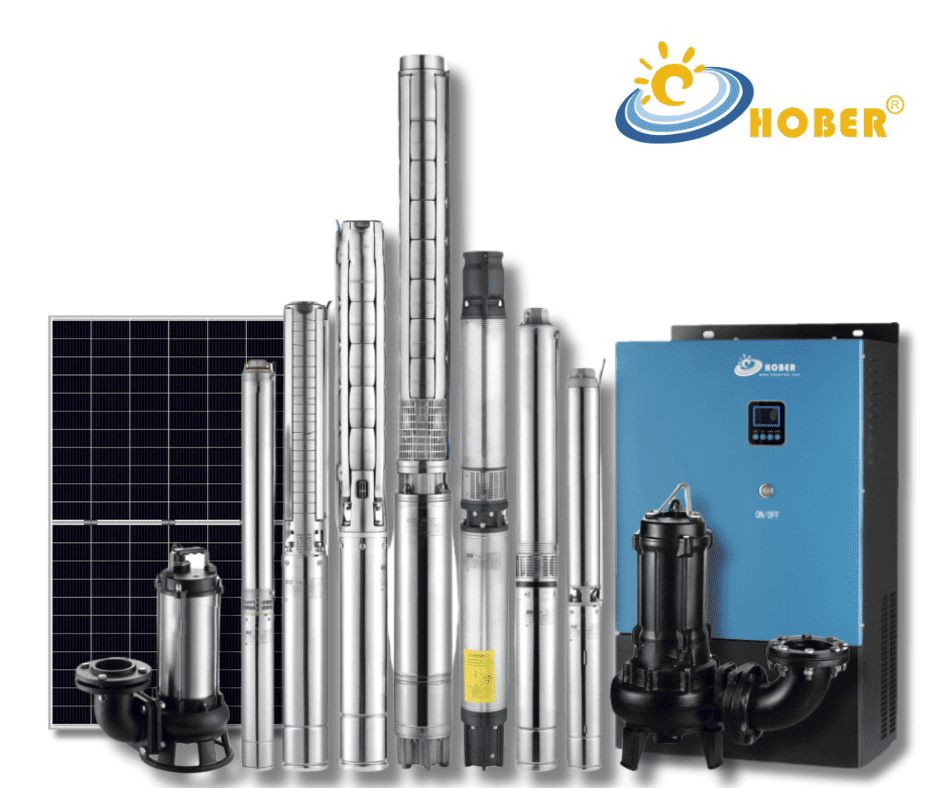In the quest for sustainable and efficient energy solutions, solar technology stands out as a beacon of innovation and environmental stewardship. Among the key components of any solar energy system are inverters, which convert direct current (DC) from solar panels into usable alternating current (AC). However, not all inverters are created equal. Hybrid solar on-grid inverters and solar pump inverters serve distinct purposes, each tailored to meet different needs. Understanding the differences between these two can help you make an informed decision for your solar energy project.
Hybrid Solar On-Grid Inverters Explained
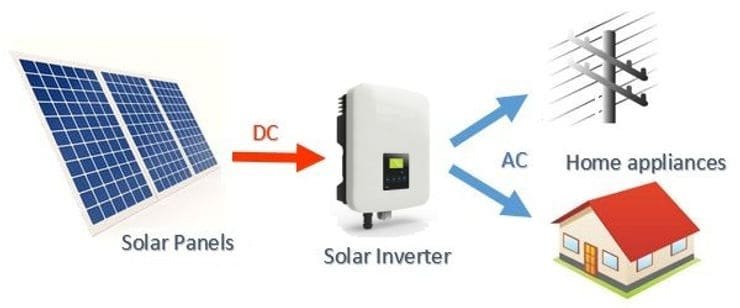
Hybrid solar on-grid inverters are the multitaskers of the solar inverter world. They are designed to work with grid-tied solar systems while offering the added benefit of battery backup. This means they can not only convert solar energy for immediate use but also store excess energy in batteries for later use, providing a safety net during power outages or peak tariff times.
Key Advantages:
- Grid Interaction: These inverters can sell excess solar power back to the grid, earning you credits on your electricity bill.
- Energy Storage: Ability to store surplus energy in batteries for nighttime use or during grid outages.
- Versatility: Suitable for residential and commercial use, hybrid inverters ensure power availability 24/7, enhancing energy independence.
Solar Pump Inverters Demystified

Solar pump inverters are specialized devices designed to optimize the operation of water pumps using solar power. By converting DC from solar panels into AC, these inverters can power pumps for irrigation, livestock watering, or providing potable water in remote areas. Their operation is directly tied to the availability of sunlight, making them highly efficient and cost-effective for specific applications.
Key Advantages:
- Direct Solar Utilization: Maximizes the use of solar energy for pumping, reducing reliance on electric grids or diesel generators.
- Variable Speed Control: Adjusts the pump’s speed based on solar intensity, ensuring efficient water usage and preventing waste.
- Application-Specific Design: Tailored for agricultural and remote water supply needs, offering a sustainable solution for water pumping.
Making the Right Choice for Your Solar Energy Needs
Consider Your Primary Need: Power or Water?
The choice between a hybrid solar on-grid inverter and a solar pump inverter boils down to your primary requirement. If your goal is to power a home or business with the added benefit of energy storage, a hybrid inverter is the way to go. On the other hand, if you’re looking to leverage solar energy for efficient water pumping, a solar pump inverter will serve you best.
Evaluate Your Access to the Grid
For those with reliable grid access who also desire a backup power solution, hybrid inverters offer a perfect blend of grid interaction and energy independence. In contrast, solar pump inverters are ideal for off-grid locations where water pumping is a necessity, regardless of grid availability.
Consider Long-Term Savings and Sustainability
Both inverters contribute to long-term savings and sustainability but in different ways. Hybrid inverters can reduce your grid electricity consumption and provide backup power, potentially lowering your energy bills. Solar pump inverters can significantly reduce the operational costs associated with water pumping, especially in agricultural settings.
Conclusion
The journey toward adopting solar energy is filled with choices, each impacting your energy efficiency, cost savings, and sustainability goals. Whether you opt for a hybrid solar on-grid inverter or a solar pump inverter, your decision should align with your specific needs, environmental conditions, and long-term objectives. By understanding the distinct advantages of each inverter type, you can make an empowered choice that maximizes the benefits of solar technology for your situation.
Embracing solar energy not only contributes to a greener planet but also offers the freedom of energy independence. As you navigate the path to a more sustainable future, remember that the right inverter can significantly enhance the efficiency and effectiveness of your solar energy system.

](https://hobertek.com/wp-content/uploads/2025/03/solar-pump-inverter-for-irrigation-efficient-water-pumping-solution-370x296.png)
